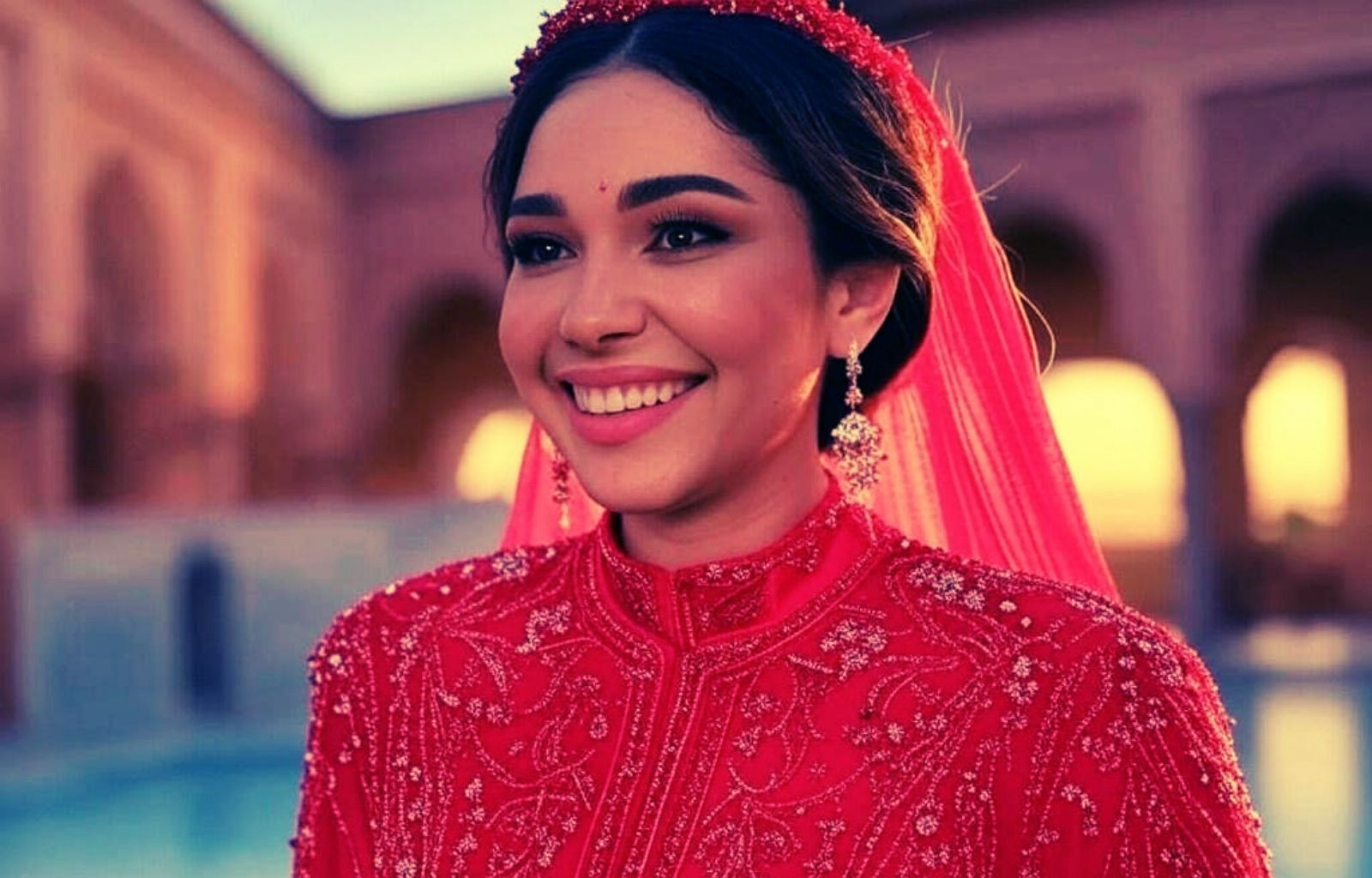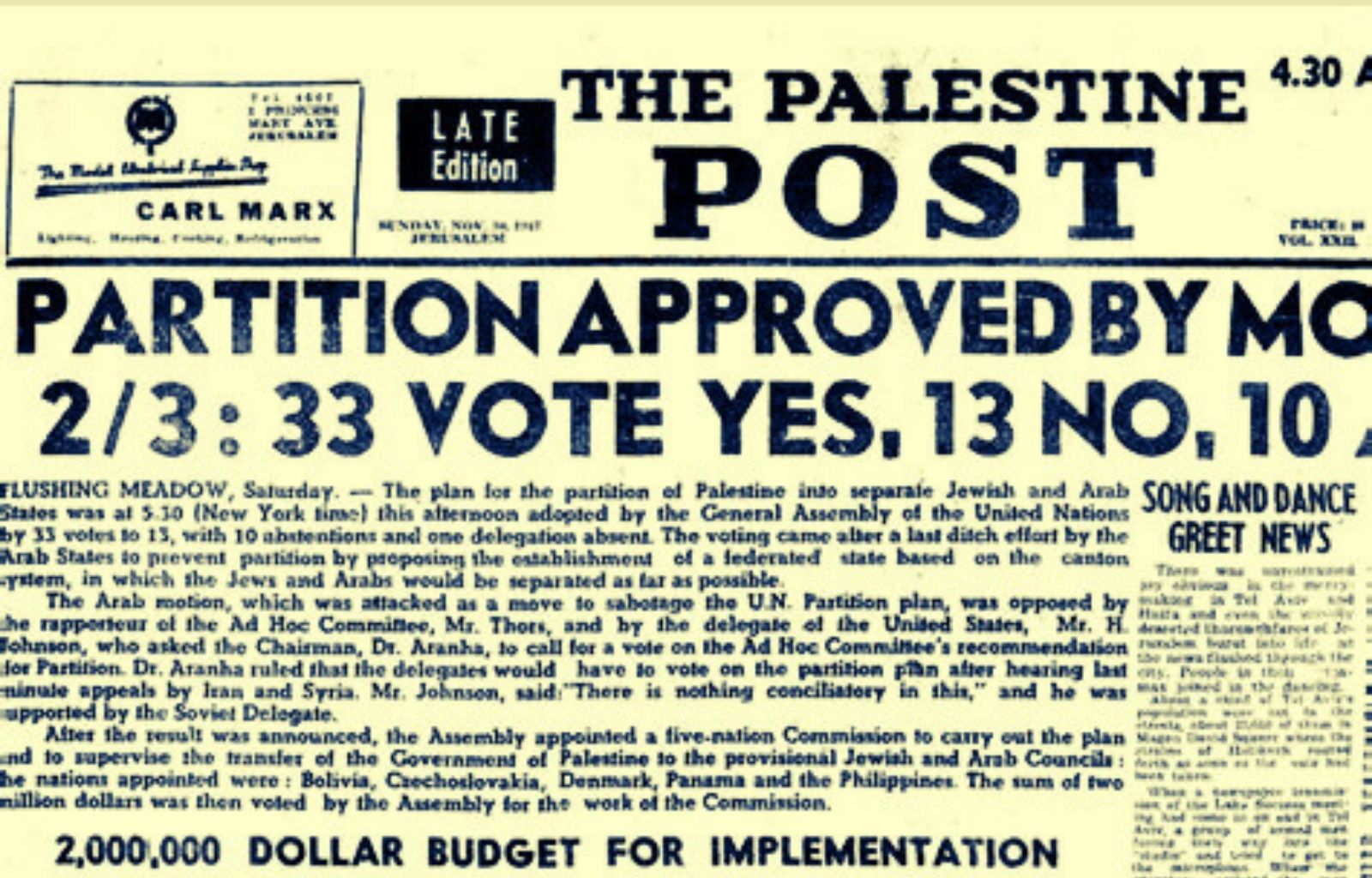Islam and women’s rights: the Moroccan way

The recent proposal to reform the family code in Morocco represents a significant breakthrough, and the first substantial revision in 20 years, regarding the rights of women and children. The government, through the Ministers of Justice and Islamic Affairs, announced a draft law that envisages more than one hundred changes aimed at modernising legislation that is deeply linked to the precepts of Islam, the country’s state religion.
New rules for polygamy and child marriage
Among the highlights of the reform is the introduction of new restrictions on polygamy. Women will be able to insert clauses in marriage contracts to explicitly reject this practice. In the absence of such a clause, a man will only be able to marry a second wife in specific circumstances, such as the infertility of his first wife. This is a step forward, but not yet a true abolition, a sign of the tension between legal innovation and cultural tradition.
The reform also addresses the controversial issue of child marriage, maintaining the legal age for marriage at 18 but limiting exceptions to marriages with minors, now only possible from the age of 17 and in exceptional cases. A measure that, although reducing the margin of abuse, leaves open questions on the full protection of young girls’ rights.
Shared custody and the simplification of divorce
Another crucial innovation concerns child custody, which becomes a shared right between parents, breaking with a tradition that favoured paternal authority. In addition, divorce procedures will be made quicker and more accessible, a measure that could reduce the bureaucratic and psychological burden on spouses, but which raises questions about the ability of the judicial system to effectively handle a potential increase in cases.
Critical analysis: a balance between modernity and tradition
This reform is presented as an attempt by Morocco to balance internal and external pressure for the recognition of greater rights for women with respect for its cultural and religious roots. Although the announced changes represent progress, their concrete implementation will be crucial to assess their effectiveness.
For instance, the possibility for women to refuse polygamy through a contractual clause is an innovation, but it risks leaving uncovered cases where such a clause is not negotiated, perhaps due to social pressure. Similarly, the restriction on child marriage, while positive, does not completely eliminate a practice that continues to raise human rights concerns.
A possible model for other Muslim-majority countries
The reform of the Moroccan family code offers an opportunity to reflect on how contemporary Muslim societies can face the challenges of modernity without denying their traditions. This affair could serve as a model or warning for other countries in the region.
However, to be truly effective, the reform will have to be accompanied by a broader cultural change, supported by awareness-raising campaigns and strict enforcement of the new regulations. Only in this way will Morocco be able to turn these legislative promises into concrete progress towards gender equality and the protection of children’s rights.












